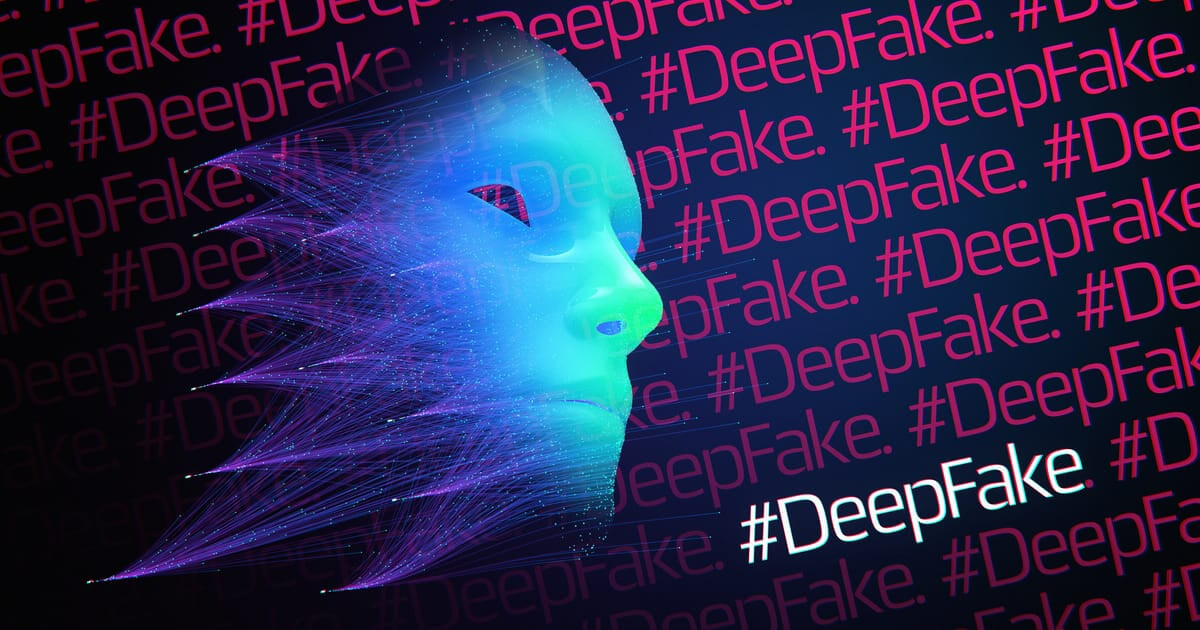Multinational Firm Loses $25.6 Million to Deepfake-Driven Fraud
Zach Anderson Feb 06, 2024 13:40
A Hong Kong finance employee was deceived into transferring $25.6 million using deepfake technology, highlighting the growing cybersecurity threat of such scams.

A global corporation with headquarters in Hong Kong was the victim of a clever cyber theft that seemed to have been lifted straight from the script of a high-tech thriller. Scammers were successful in stealing $25.6 million from them. As part of the scam, deepfake technology was used to mimic the chief financial officer of the firm, who was situated in the United Kingdom, as well as other officials who were easily identifiable during a video conference. The finance worker, who had first been skeptical of the request to transfer cash to five local bank accounts via fifteen different transactions, was eventually persuaded by the realistic looks of the executives that were made using deepfake technology. In light of the fact that deepfakes are becoming more convincing and more accessible to malicious actors, this event serves as a sharp warning of the developing threats involved with artificial intelligence technology.
It was around one week later that the employee attempted to check the transactions that had taken place inside the organization, only to find out that he had been tricked into believing something that was not true. By highlighting the critical need for enterprises to improve their cybersecurity protections and for consumers to be attentive against such sophisticated frauds, this instance highlights the importance of both of these priorities. The Hong Kong police have made six arrests in connection with the fraud, which highlights the meticulous preparation that the con artists had done. They utilized stolen identity cards for bank account registrations and loan applications, and they even managed to mislead face recognition software in many cases.
It is concerning that deepfake technology is being utilized for evil objectives, which range from the creation of sexual photographs of celebrities without their consent to the execution of complex financial crimes. This swindle is a part of a trend that is becoming more prevalent. In addition to this, it raises important issues about the safety of video conferencing technologies and the significance of verifying the identities of persons when it comes to digital interactions.
The growing capabilities of artificial intelligence and deepfake technologies provide major difficulties for cybersecurity. In order to battle these developing dangers, it is necessary to have both technical solutions and improved awareness among people and organizations.
Image source: Shutterstock.jpg)